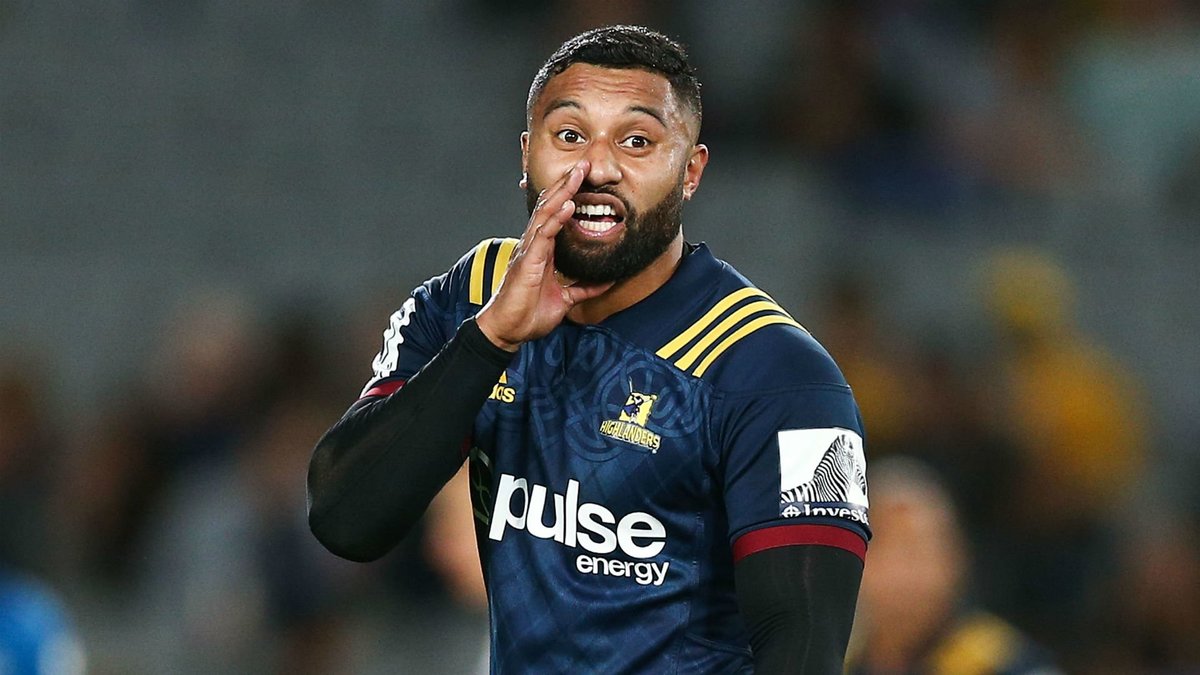The Highlanders say hello to one Wellingtonian and goodbye to another this weekend when they return to Forsyth Barr Stadium for the first time in six weeks to play their final regular season home game against play-off hopefuls, the Melbourne Rebels.
This could well be the last game at Forsyth Barr Stadium for departing first-five, Lima Sopoaga, who currently holds the Highlanders record for most points scored in a season (191 points in 2015) and has accumulated a total of 840 points for the club (825 Super Rugby points) over 90 games (88 Super Rugby games). He scored eight points against the British and Irish Lions in 2017 and seven against the French Barbarians in 2018.
Sopoaga will join Gallagher Premiership side Wasps at the end of the season but wants to finish 2018, and his career spanning eight years with the club, on a high.
“I have loved my time here at the Highlanders, it is an unreal place to play Super Rugby and I’m looking forward to being back out there under the roof in front of our home fans this weekend. I’m focused on finishing the season well before looking ahead to the next chapter of mine and my family’s life in the UK,” Sopoaga said.
Fellow Wellingtonian Thomas Umaga-Jensen has been named to make his Super Rugby debut in the midfield alongside Tei Walden, and Josh Ioane will start for the first time at fullback. Kayne Hammington gets a start at halfback and Tevita Li returns to the left wing.
In the forwards veteran lock, Alex Ainley, returns to the starting team and joins with new All Blacks, Jackson Hemopo and Shannon Frizell, while James Lentjes captains the team from the open side. Liam Squire moves to the back of the scrum to replace Luke Whitelock, who earns a well-deserved rest along with Ben Smith, Aaron Smith and Rob Thompson.
HIGHLANDERS
1. Aki Seiuli, 2. Liam Coltman, 3. Tyrel Lomax, 4. Alex Ainley, Jackson Hemopo, 6. Shannon Frizell, 7. James Lentjes, 8. Liam Squire, 9. Kayne Hammington, 10. Lima Sopoaga, 11. Tevita Li, 12. Teihorangi Walden, 13. Thomas Umaga-Jensen, 14. Waisake Naholo, 15. Josh Ioane.
Reserves: 16. Greg Pleasants-Tate, 17. Dan Lienert-Brown, 18. Kalolo Tuiloma, 19. Tom Franklin, 20. Dillon Hunt, 21. Josh Renton, 22. Matt Faddes, 23. Josh McKay.
In other news:

























